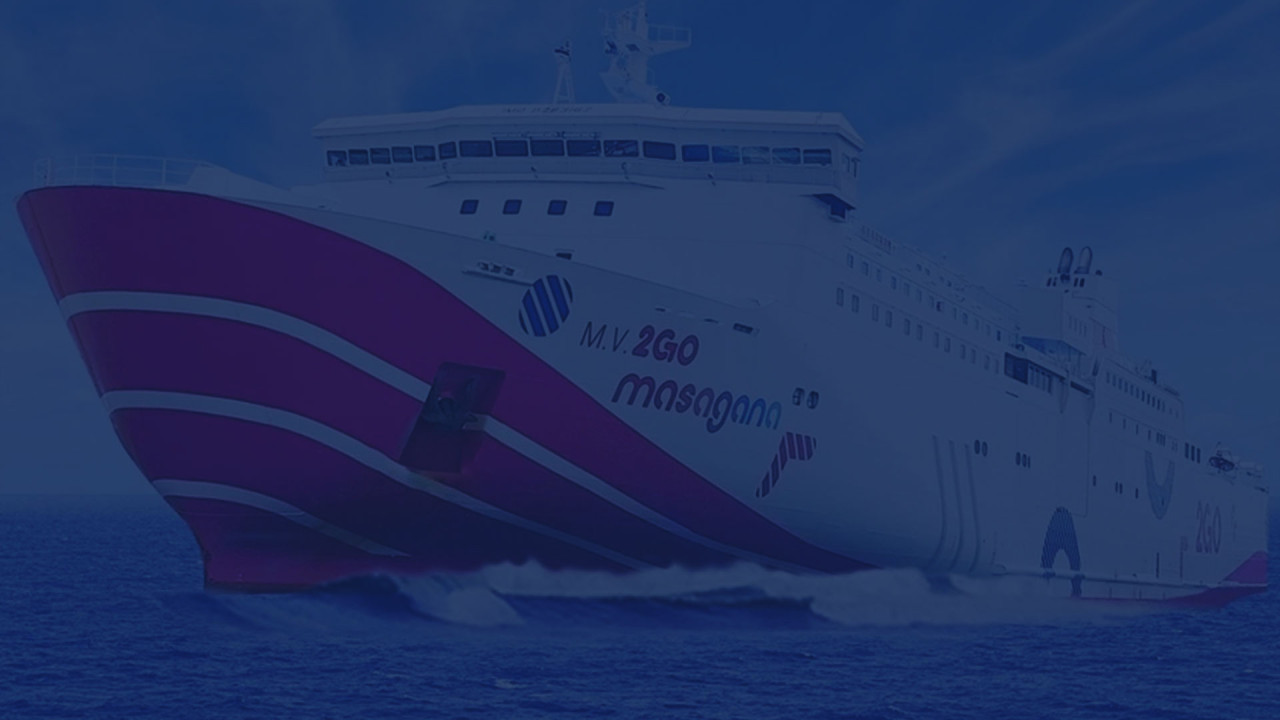

From its humble beginnings many years ago as Negros Navigation to its evolution as a comprehensive logistics provider, 2GO is reshaping its image to cater to both traditional and emerging markets.
A legacy of affordable travel
Historically, 2GO served the C and D market segments and traders — offering a cost-effective alternative to air travel, with generous baggage allowances of up to 50 kilos.
“The C-D market has always been our foundation,” said DyBuncio, who is also the president of the Sy family’s flagship holding firm, SM Investments Corp. “We’re cheaper than airlines, and we provide an essential service for small traders who bring goods to and from Manila.”
However, the pandemic marked a turning point for the firm that had been struggling financially under its previous owner.
The acquisition of modern, cruise-like vessels showcased 2GO’s intent to tap into a broader, higher-income demographic. These ships, equipped with mini-malls, Goldilocks stores, and improved passenger accommodations, rival global standards.
“People are surprised when they see our ships. They didn’t realize this level of sea travel exists in the Philippines,” DyBuncio shared.
Promoting domestic tourism
In collaboration with the Department of Tourism, 2GO launched the “2GOkada” campaign, which highlighted domestic travel’s potential. The initiative included onboard activities like yoga and karaoke and immersive tours at destinations like Bacolod and Iloilo.
“It created a buzz, especially among Gen Z travelers,” DyBuncio said, emphasizing the importance of fun and convenience in modern travel.
Logistics that lead
2GO’s passenger-cargo hybrid model distinguishes it from competitors.
“We’re the only long-haul passenger carrier from Manila to Visayas and Mindanao,” DyBuncio noted. This setup gives 2GO priority berthing at ports, ensuring faster turnaround times — a critical advantage for corporate clients.
“We can provide better assurance of timely departure and arrival, unlike freight-only operators,” he explained.
The company has also modernized its fleet, introducing fuel-efficient vessels capable of carrying more containers.
DyBuncio pointed out that these investments ensure efficiency and align with the company’s commitment to sustainability.
Culture and innovation
While investing in state-of-the-art ships and equipment, DyBuncio stressed that 2GO’s transformation goes beyond infrastructure.
“The big difference is culture,” he said, reflecting on the challenges of integrating 2GO into the SM Group. “Each business unit operated independently, with no communication or teamwork. That’s changed. We now operate as one 2GO.”
A hands-on approach has been central to this cultural shift. DyBuncio regularly visits provincial branches to engage directly with employees.
“When you meet people on the ground, you understand their challenges better. They feel valued and part of something bigger,” he said.
This strategy has fostered a sense of pride among employees, culminating in 2GO’s certification as a “great place to work” by international employee culture research firm Great Place to Work.
Leveraging technology
The company’s recent modernization efforts extend to technology, with the introduction of automated sorting machines and improved warehouse systems on the courier operations.
These advancements have bolstered 2GO’s Express business, enabling the company to handle tens of thousands of packages daily with greater speed and accuracy.
“You can’t scale up with manual processes. Technology is key,” DyBuncio emphasized.
Resilience amid competition
The Philippine logistics landscape is competitive, with new entrants and international carriers challenging local players. Yet, DyBuncio remains optimistic.
“Our passenger-cargo hybrid model and scale give us a unique advantage,” he said.
The company has also seen competitors exit the warehousing and logistics sectors due to thin margins and operational challenges.
Sustained growth without external funding
Since it was acquired by the SM Group in 2017, 2GO has operated without the need for additional shareholder funding.
“Everything we’ve achieved — new ships, upgraded facilities — came from internal cash flow,” DyBuncio said. The company’s financial health has significantly improved, with its debt-to-equity ratio dropping from 11 times to 2.5 times.
A vision for the future
2GO aims to remain a key player in both travel and logistics by continuing to innovate and expand.
“We’ve laid the groundwork—modern ships, improved facilities, and a motivated workforce. Now, it’s about growing sustainably,” DyBuncio said.
As 2GO celebrates its progress, it also eyes opportunities to further integrate its diverse business units, from cold-chain logistics to e-commerce.
“When all units work seamlessly, we can serve customers better,” he said.
Through a blend of cultural transformation, technological innovation, and operational efficiency, 2GO is proving that even a legacy brand can set sail for new horizons.
